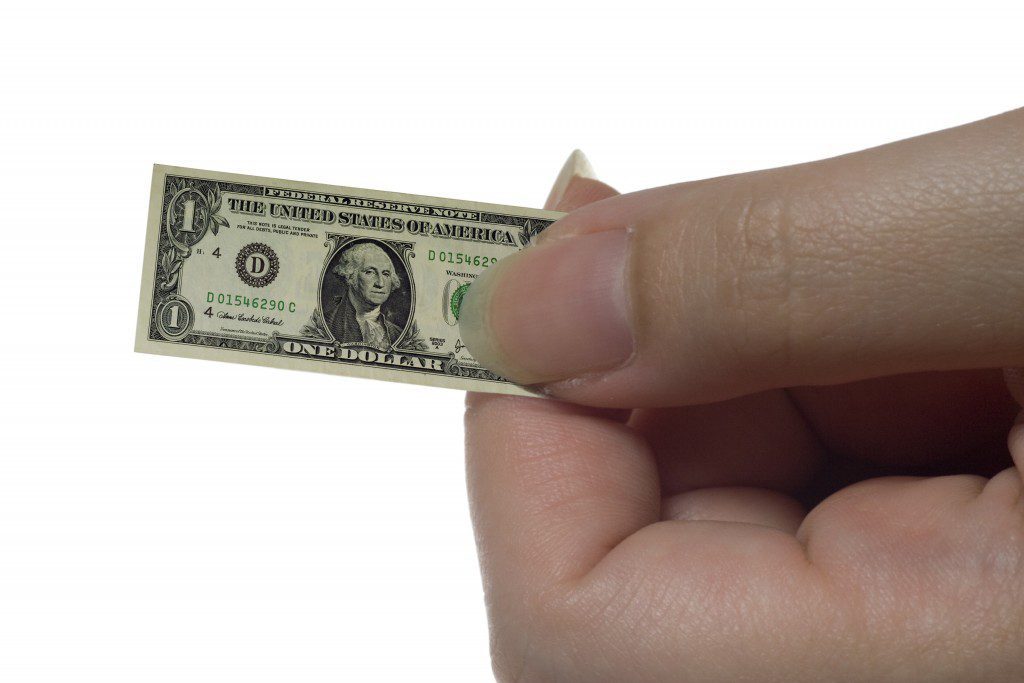The Depreciating Dollar
A depreciating dollar is generally bad news for investors; it means the value of U.S. currency is dropping relative to the other currencies, which translates to  less buying power for investors. But there is one place where the depreciation creates opportunity – real estate.
less buying power for investors. But there is one place where the depreciation creates opportunity – real estate.
Depreciation makes investing in real estate a financially viable – and often lucrative – opportunity, much more so than many other options you might look at to earn a return on your investment. Your investment in real estate is actually considered an expense for tax purposes, and the IRS does not tax your expenses, only your capital gains. Furthermore, your real estate investments are only an expense on paper – you can actually make money from rental income.
Four ways depreciation works in your favor for real estate investments:
- You don’t deduct the cost of a real estate purchase all at once: When you buy office supplies or a photocopier for your business, you deduct the cost of the items in the year you bought it. But the IRS considers real estate to be a capital asset, meaning it has a useful life of more than a year. Therefore, when you buy real estate, you don’t deduct the full purchase price in a single year.
- Real estate investments are deducted over multiple decades: When you invest in real estate, you spread out your tax deductions over a long period of time, which means you are realizing tax benefits consistently, year after year. For residential real estate, you write off the value of the property and any improvements made to that property (however, you cannot deduct the land value). This deduction is evenly split over a 27.5-year period. For commercial real estate, you write off the investment over a 39-year period. Either way, that’s a lot of years of tax deductions!
- Your deduction is only an expense on paper: When you file your tax return, the IRS treats your investment as an expense, which is why you get to write it off. But it’s not really an expense – you’re actually earning a steady source of income via rent and leases. Let’s say you earn $12,000 a year from renting out a house you’ve purchased and you’re taking a deduction of $7,000 a year on this house; in effect, you’re only paying taxes on $5,000 on the $12,000 of income you earn each year.
- Depreciation shelters part of your income from taxation: Real estate investments are sometimes referred to as tax shelters because you’re sheltering at least part of your income from taxation. In the example above, you’re essentially earning $7,000 annually of tax-free income.
When you take advantage of depreciation, you reap important tax benefits as well as enjoy a steady source of income. And this source of income can then be reinvested in other products, especially whole life insurance plans. Whole life insurance is a particularly lucrative investment because, when structured correctly, the cash value of whole life insurance plans can then be reinvested in more real estate.
The bottom line is that real estate is a great investment because depreciation is on your side. When you’re deducting your real estate investments, you’re spreading out your deductions over multiple decades, and your deduction is only an expense on paper – you’re really using depreciation to shelter at least part of your investment returns from being taxed.







